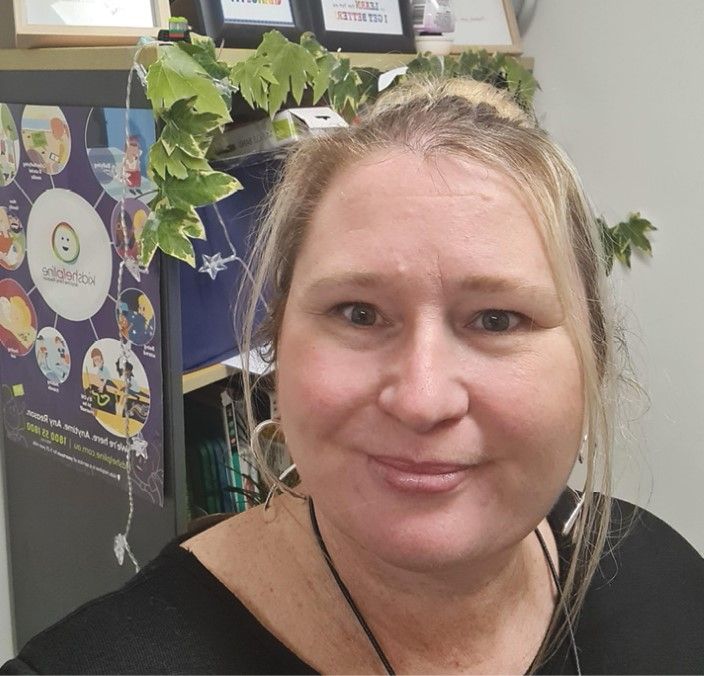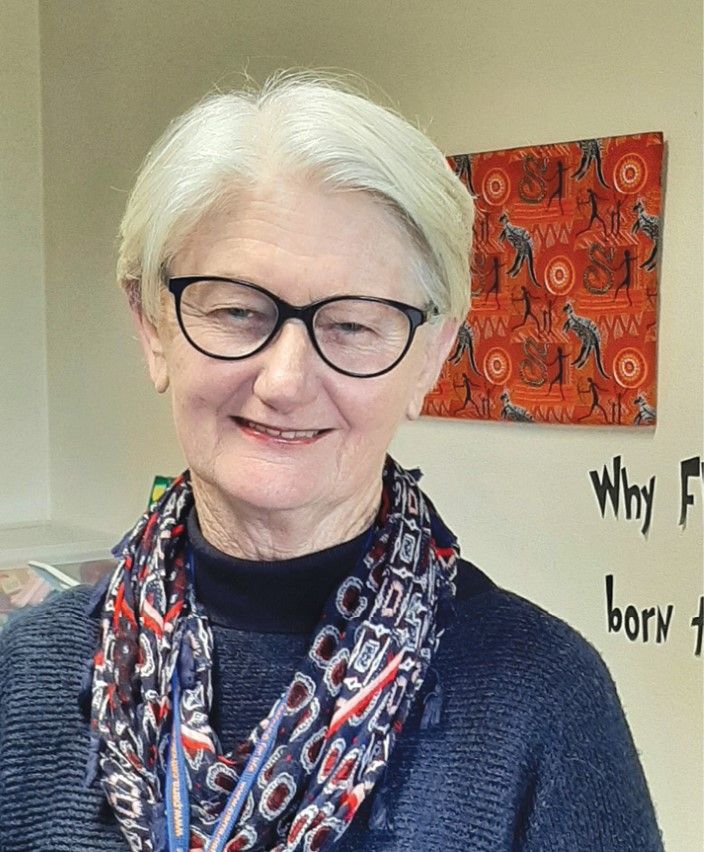Rita runs in-class sessions for the children as well as one-on-one sessions.
“Things have changed a lot over the years. It used to be a more structured day, but now we have to switch it up more, and that’s a direct resultof COVID.”
Rita said the two years of lockdowns and COVID disruption have had a profound effect on some children.
“Children have struggled with being back in the classroom after long periods away.
“For some children it’s the first time in two years they’re back in class. They are tired. They can’t emotionally regulate.
“They are used to more movement, more brain breaks. They don’t have the ability to focus 9-3. They’ve missed that solid grounding.”
Anxiety presentations are on the rise, again a symptom of COVID, she said.
“We’ve been doing group programs to build up resilience and connection. We can’t see every child individually so we’re providing whole-day programs that build emotional literacy.
“We’re teaching them ‘it’s okay to ask for help’. This is a crucial message for the children to take with them throughout their lives.”
Rita is undertaking a Master’s degree in Child and Adolescent Mental Health and would love to get involved with initial teacher training.
“I want to educate teachers about how to work with children who present with challenges. Teachers and counsellors can work collaboratively to help children with different learning needs.
“Teaching degrees teach teachers how to teach, but you can’t teach a dysregulated child. We need to support teachers and give them the tools to enable all children to thrive.
“We need more counsellors in the primary system. It’s a proactive investment that is really going to strengthen children as they go into high school.
‘It’s more productive to support them emotionally before they hit the teenage years than after.
“Normalising counselling in people’s lives and building emotional literacy, that’s what I really cherish.”
As Rita is an advocate for children, the IEU advocates for her.
“If I want to be a voice for change, the union is a voice for change for me. It’s important our work is sustainable. There is burnout among counsellors. Being in the IEU gives us a united voice to advocate for ourselves.”
Sue Osborne Journalist




































































































































